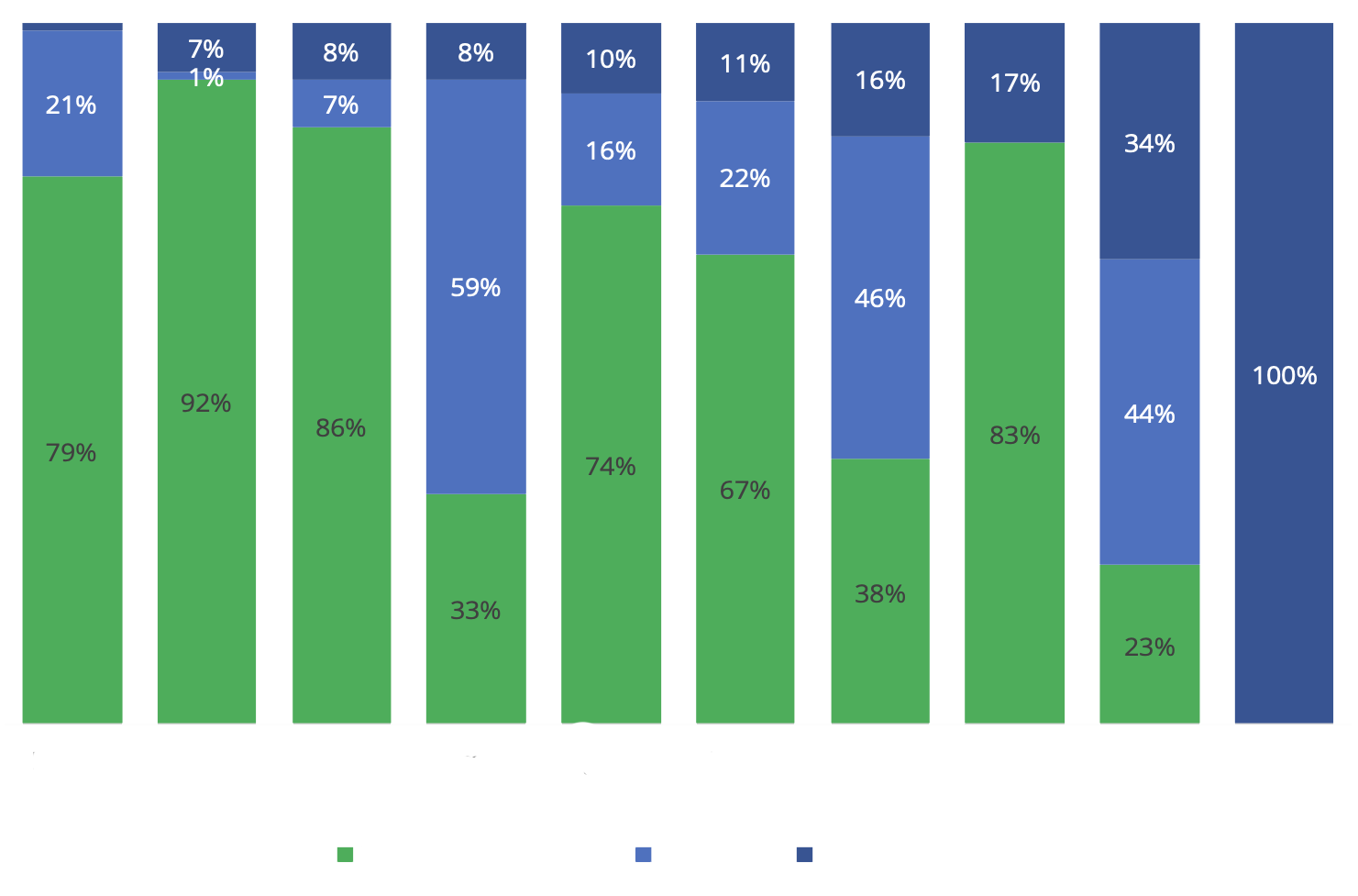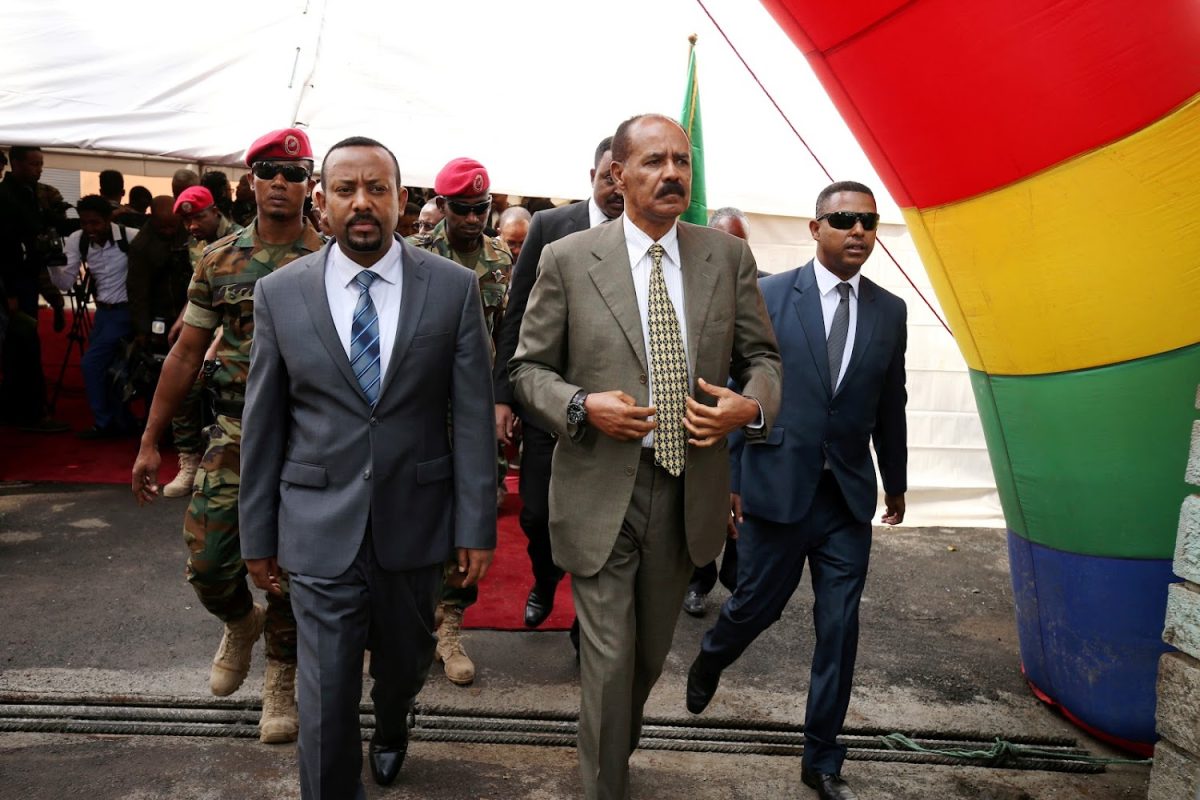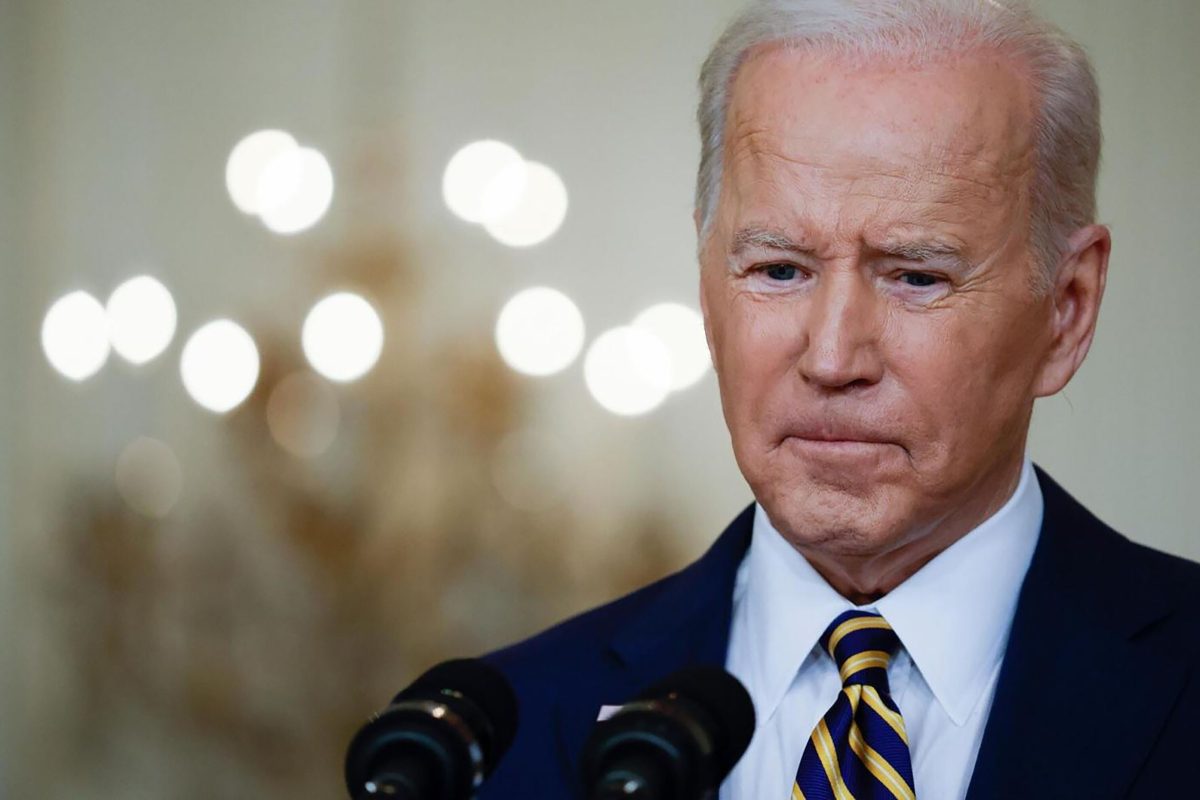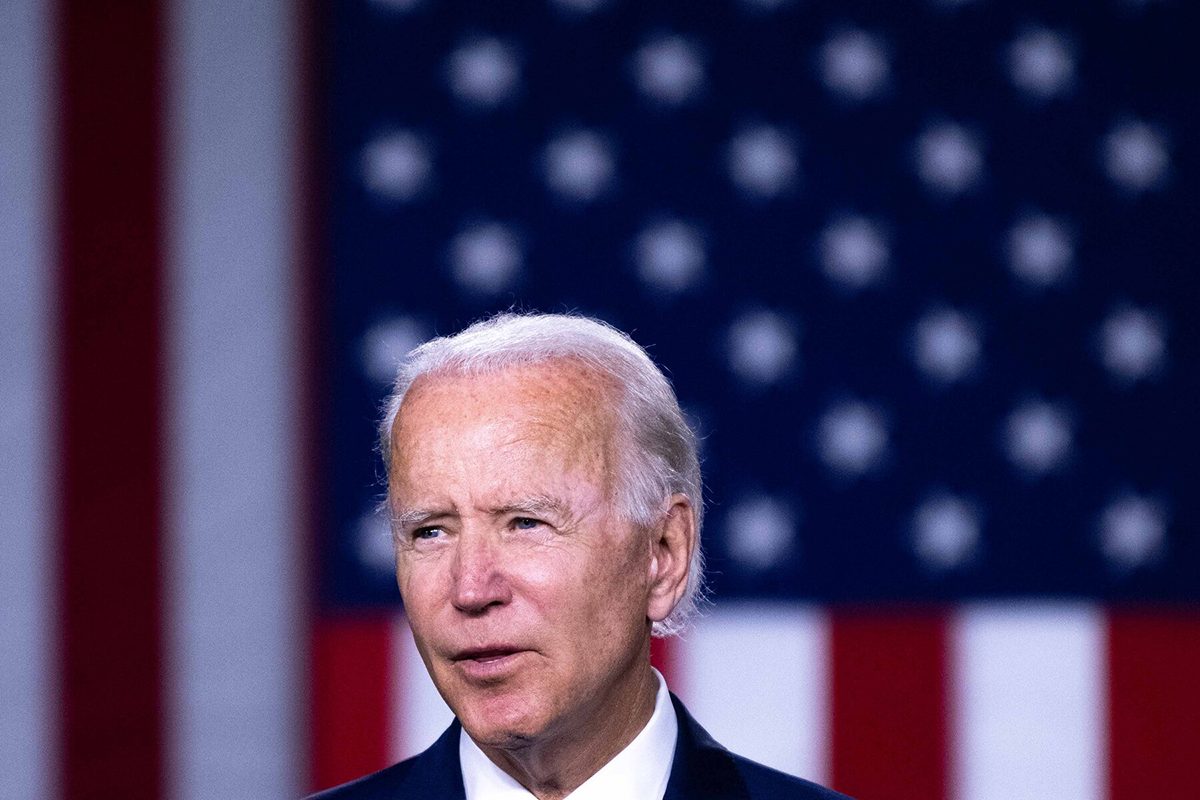Last year, Isaias Afwerki ingratiated himself with Vladamir Putin at the Russia-Africa Summit in St Petersburg, RU. On multiple occasions, Isaias, who has publicly proclaimed Eritrea’s self-sufficiency, referred to Vladimir Putin and Russia as his leader. Putin looked quite flattered.
Many may be familiar with Eritrea-Russia relations. This piece aims to uncover some of the reasons behind Isaias’s behavior [11:38].
Eritrea’s Wheat Reliance
The Russia-Ukraine conflict has significantly impacted global wheat exports, with countries heavily reliant on imports feeling the strain. Wheat and wheat products account for one-third of the average cereal consumption in the Eastern Africa Region, with the highest consumption in Djibouti, Eritrea, and Sudan.
The share of wheat exports from Russia and Ukraine varies from country to country – ranging from approximately 66 percent in Ethiopia to almost 100 percent in Eritrea. Eritrea’s wheat imports are exclusively used to meet domestic demand. Wheat makes up roughly 15% of the diet.
Eritrea imports approximately 459,000 tonnes of wheat annually. This heavy reliance on external sources has left the country vulnerable to disruptions in the global supply chain. The Russia-Ukraine conflict has exacerbated this vulnerability, as both nations are major players in the wheat export market.
Eritrea’s wheat output remains insufficient, meeting less than 5% of the country’s needs. Break down below, with help from Tesfanews.com [1][2]:
“Similarly in Eritrea, it is one of the highly demanded cereals. But domestic production has been fluctuating and generally it is lower than the consumption demand and thus the rest is imported. Therefore, a sound wheat production policy is very imperative to secure its availability.”
Well, here’s the math based on Eritrea’s 2015 production:
- In 2014, Eritrea’s wheat production was at 30,661 tons, which equals 27,815,191 kilograms
- In 2015, wheat production fell by 8,495 tons to 22,126 tons, which equals 20,072,370 kilograms
- In 2015, the global per capita food use of wheat was about 67 kilograms per person.
- Eritrea has roughly 5 million people: 20,072,370 / 5,000,000 = 4 kilograms/person, which is incredibly low compared to the global average consumption of 67 kilograms per person.
For Tesfa News to report that the wheat production was “generally lower than the consumption demand” is a gross understatement at best, misinforming the public.
Efforts have been made to increase domestic wheat production, with the Eritrean government exploring partnerships with organizations like the EU and China. However, despite these initiatives, production is still extremely low.
Eritrea’s Potash Distributor
In 2018, EuroChem, a Russian fertilizer producer, signed an agreement with Eritrea’s Danakali potash mining company. Eurochem manufactures and markets three primary agricultural chemicals: nitrogen, phosphates, and potash.
Under the agreement, EuroChem will take, pay, market, and distribute up to 100% of Eritrea’s sulphate of potash (SOP) fertilizer production over a 10-year term from the project’s start date.
The project has stalled somewhat due to financing issues, which could be why Isaias vehemently praised Putin while simultaneously asking for investment in their mining project [14:52].
Gold, Weapons & War
Russia has been mining gold in Eritrea via the Ketina Mining Share Company since as early as 2013, and this can be seen in reports as recently as 2020 [PDF]. The Eritrea-Russia gold mining relationship has helped Isaias export his gold to Russia in exchange for fiat (most likely USD) or other assets in the open market.
The discovery of gold in Eritrea came at the most pressing times as most emerging markets were still crawling out of the Global Financial Crisis of 2008, and Eritrea was still under the US 2009 arms embargo sanctions.
Russia has been the biggest arms seller in the region over the past decade and a huge contributor to the destabilization and ongoing wars on the continent. As recently as April 2, 2024, Russia has held military training on the coast of Massawa, further cementing their plans of a naval base on the Red Sea coastline.
The two sides discussed prospects of Russian support to regional efforts for peace & stability in Red Sea & HoA regions. Accompanied by Vice Admiral Vladimir Kasatonov, Pre. Isaias toured Russain frigate Marshal Shaposhinkov which is on port-call on 30th Anniv. of diplomatic ties pic.twitter.com/iIgMikmgwz
— Yemane G. Meskel 🇪🇷 (@hawelti) April 2, 2024
The military alliance will likely embolden Isaias to continue to embark on his own ongoing destabilization of the East Africa region. As recent as January 2024, over a year after the ceasefire, there are recent reports of Eritrean soldiers abducting farmers and stealing livestock in Tigray.
Portions of the two border districts are either completely occupied or patrolled by Eritrean military forces. This means people who were displaced due to the conflict cannot return to their homes and cultivate their land.
Ethiopia’s federal military has no presence in many areas and is failing to protect people.
Conclusion
The Russia-Ukraine conflict has cast a long shadow over Eritrea, impacting its food security, economic stability, and even its political alliances. Eritrea’s heavy reliance on Russia for wheat, coupled with its economic ties to Russian industries and military support, has left the nation vulnerable to the ripple effects of the conflict.
As the situation continues to unfold, the full extent of these ramifications on Eritrea remains uncertain. However, it is clear that the Eritrean people are caught in the crossfire of this geopolitical struggle, with their food security and economic well-being hanging in the balance.
Moreover, Russia’s growing influence in the region, facilitated by its relationship with Eritrea, raises concerns about regional stability and the potential for further conflict.




